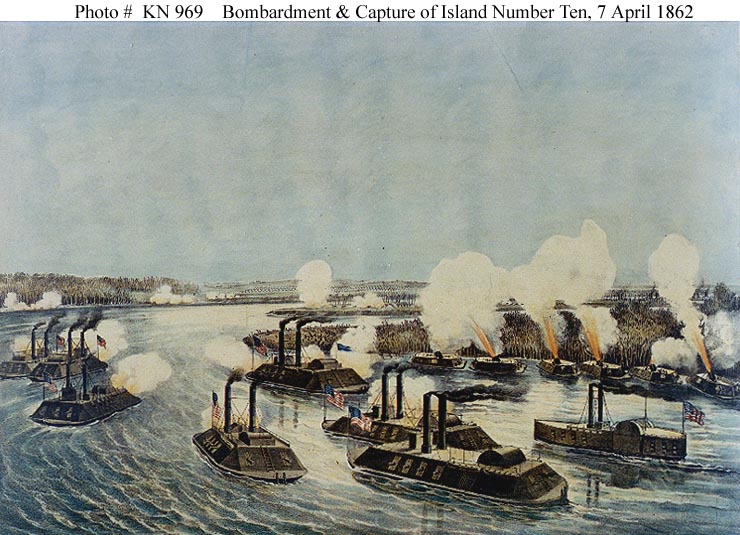On Memorial Day we remember those who gave their lives in service of this nation. While I am blessed to have many relatives who have served, I am extremely blessed in that I have to go back all the way to the Civil War for a direct ancestor who was required to give all.

The family story is that my great-great-grandfather, Lafayette Riffle, died in a Yankee prison camp. He left a poor widow in Mississippi and an 8-year-old son. Thanks to the work of thousands of genealogists, who scan and transcribe every scrap of history they can find, we’ve been able to put a bit more flesh on the bones of this long dead man. Even a few bits of information – dates, places, events – researched and shared by several of my relatives and countless strangers allows for the creation of a narrative.
Lafayette Riffle married in October of 1853, in a poor farming community in MS, his son was born the following April. That honors the “tradition” in the poor communities of old that perhaps there wasn’t always a preacher and a courthouse around to document the marriage, and that first baby doesn’t always take the full 9 months to get here.
Mr. Riffle enlisted in the Confederate Army, at Fort Pillow in TN – which was pretty close to Itawamba County MS, where he was married, so that’s likely the closest place. He didn’t enlist until February of 1862. What caused him to wait? What caused him to enlist then? What arrangements had he made for his wife and son to be cared for or even to survive while he was away?
He was just a private. Cannon fodder. Bullet stopper. Not a professional soldier, not a creator of military strategy, maybe not even aware of much in the way of battle tactics. It seems likely that he fought to defend his home, his farm, his wife and child, his state, his friends. He knew the war was coming to his front door – it wasn’t far away, it wasn’t in some foreign land against foreign people. The South was fighting a defensive war, they didn’t want to conquer the North, they wanted to leave in peace – did Lafayette Riffle get involved in the larger political issues, or did he just want to be able to farm and raise a family? We don’t know.
We do know that in February, shortly after he signed up, his company was ordered to New Madrid MO, to defend Island #10. Battle waged there from February thru April. Did he sign up because of the battle? Did he know that he’d be going to defend that bend in the Mississippi River in the hopes of preventing Yankee invasion?
We don’t know. We do know that his company arrived in New Madrid March 21. Eighteen days later, most of the company was captured. One day after that, Lafayette Riffle died.
Had he been wounded in battle, and died of his wounds? Had he been ill and died of flu or fever as so many soldiers did? We don’t know.
We only know that he answered his nation’s call, and he gave his full measure.
He was just a private. A poor farmer. With only one young son. He only served for two months. Unimportant really. Not a great warrior. No tales of heroism survive.
By the time the America’s Bicentennial rolled around, there were five living generations of his progeny – still building, defending, and appreciating this nation. There are now hundreds who descend from that one insignificant man. We all carry his strength, and his commitment to duty – even if we don’t know it.
The rest of the story:
His full name was Marquise de Lafayette Tribble. He shows up on some war paperwork as MDL Trebbell, His parents, whoever they were, clearly had some appreciation for the Revolutionary War and our French allies.
His son, 8 when his father died, 14 when his mother died, ended up with a different name. He was always Samuel Scott Riffle. Another mystery then, when and how did that name change happen? It’s fairly easy to “mishear” Lafayette Tribble as Lafayette Riffle. So, it’s even sadder I think, that one insignificant Confederate Private who managed to father hundreds of Americans, is preserved only in our hearts and our stories, and not by name.
He answered his nation’s call. He defended his home. He gave all. We reap the benefits of his sacrifice to this day.
This is the story of America. This is the story of a soldier.